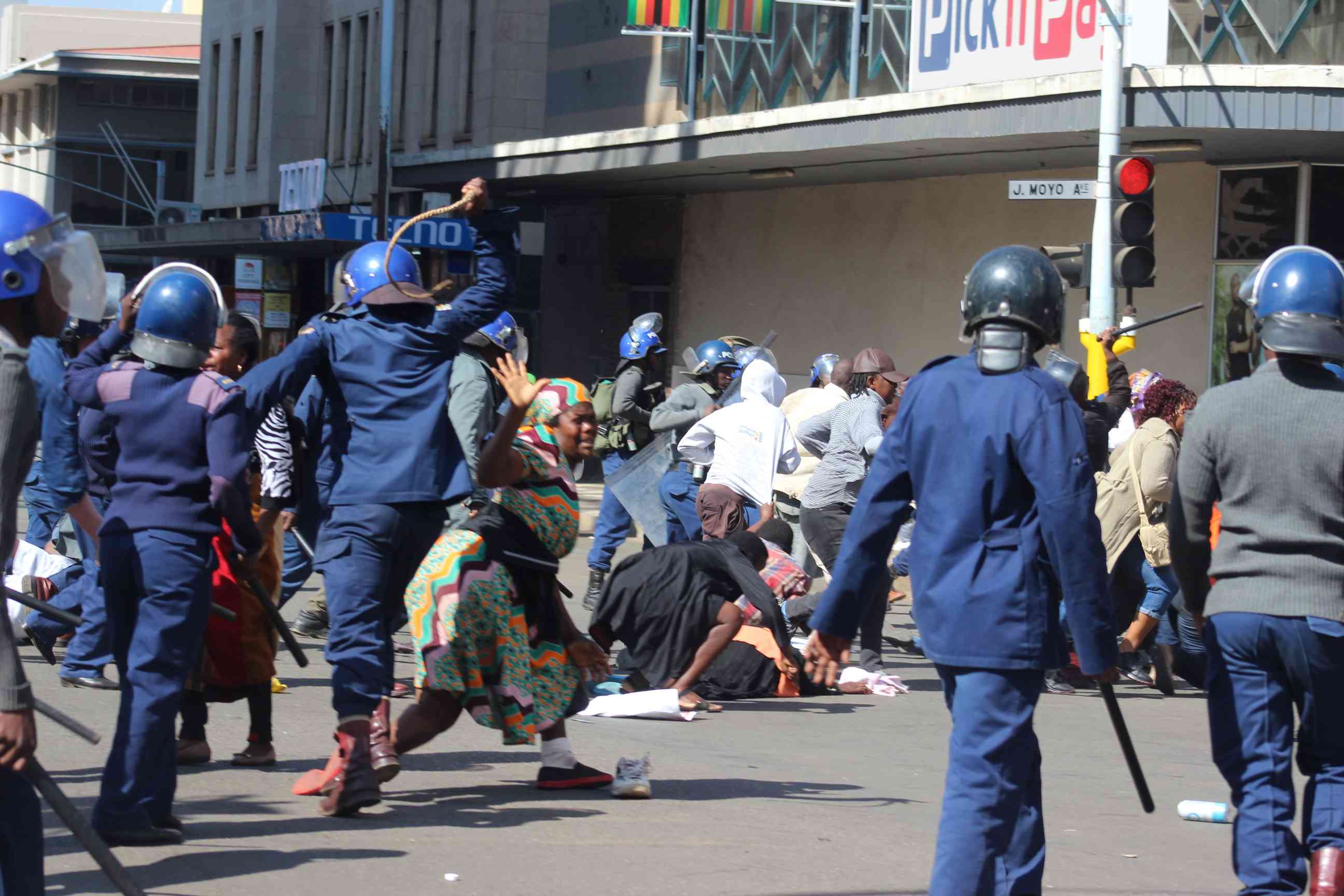
FOR more than two decades, Zimbabwe's democratic space has been shrinking, marked by a series of disputed elections and a systematic erosion of civil liberties.
The collapse of democratic norms and the rule of law has been driven largely by the ruling Zanu PF party's blatant disregard for electoral laws in its relentless pursuit to hold onto power
This democratic backslide has not gone unnoticed. Civic organisations have repeatedly highlighted Zimbabwe’s dismal human rights record, and the Southern African Development Community (Sadc) issued a damning report on the country’s 2023 elections, which were marred by irregularities.
In its assessment, Sadc concluded that Zimbabwe's polls fell far short of the regional standards for free and fair elections.
The impartiality of state institutions — ranging from the judiciary to constitutional bodies and the Zimbabwe Electoral Commission — has also come under scrutiny. These institutions, which are mandated to operate independently, have been accused of acting in favour of the ruling party, contributing to Zimbabwe’s international reputation as a pariah state.
Time and again, when political power has appeared to be slipping from Zanu PF's grasp, senior party officials, military leaders, and government figures have made brazen statements rejecting any possibility of a power transition through elections.
In rural areas, traditional leaders have been accused of campaigning for Zanu PF and intimidating villagers, undermining the electorate's ability to exercise their voting rights freely.
Just last week, Retired Colonel Restern Magumise, a senior figure at Zanu PF's Herbert Chitepo School of Ideology, declared that it would be unacceptable to unseat the ruling party through the ballot box.
- Corruption Watch: Get scared, 2023 is coming
- Corruption Watch: Get scared, 2023 is coming
- Letters: Ensuring Africa’s food security through availability of quality seeds
- Is military's involvement in politics compatible with democracy?
Keep Reading
His statement echoed the sentiments expressed in August by Zimbabwe National Army commander Anslem Sanyatwe, who pledged to use “command voting” tactics to secure the party's continued rule.
These declarations are not new. In 2002, then-Zimbabwe Defence Forces commander Vitalis Zvinavashe warned that the military would not accept an elected leader without liberation struggle credentials, signalling unwavering support for the late president Robert Mugabe during his heated contest with his fiercest political opponent, Morgan Tsvangirai.
The dangerous intertwining of the military and Zanu PF was laid bare in 2017, when top generals, led by Vice President Constantino Chiwenga, orchestrated a coup that deposed Mugabe and installed Emmerson Mnangagwa as president.
The military's role in political transitions underscored the erosion of the democratic principle that citizens should choose their leaders.
This steady undermining of democracy has bred widespread voter apathy, a stark indicator of a disillusioned populace that has lost faith in the integrity of the electoral process.
To restore Zimbabwe's fragile democracy, the country must urgently embrace sweeping reforms and recommit to upholding electoral laws enshrined in the constitution.










